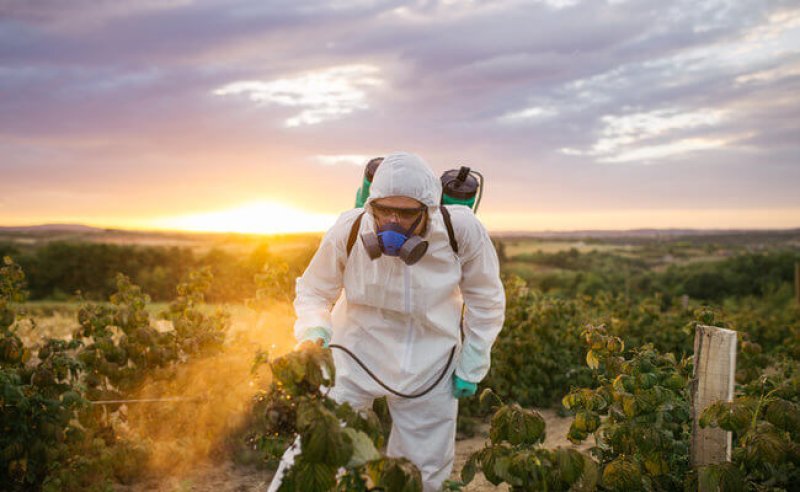The European Union’s top court on [May 6] upheld the EU’s partial ban on three insecticides linked to harming bees, preventing their use on certain crops.
The European Court of Justice dismissed an appeal by Bayer to overturn a lower EU court’s 2018 decision to uphold the ban.
The ruling covers three active substances – imidacloprid developed by Bayer CropScience, clothianidin developed by Takeda Chemical Industries and Bayer CropScience, as well as Syngenta’s thiamethoxam.
…
The Commission in 2013 restricted the use of the neonicotinoids, meaning they could not be used on maize, rapeseed and some spring cereals. They could still be used for other crops, such as sugar beet.
Bayer and ChemChina-owned Syngenta had warned that banning the insecticides would mean farmers reverting to older chemicals and spraying more.
Despite the ban, 206 emergency authorisations were granted for the use of the substances in the EU between 2013 and 2019. EU auditors last year said this pesticide use, while legal, was thought to be responsible for honeybee losses.
To protect bees, the Commission has proposed targets to cut the EU’s use of chemical pesticides by 50% and to reduce fertiliser use by 20% by 2030.































